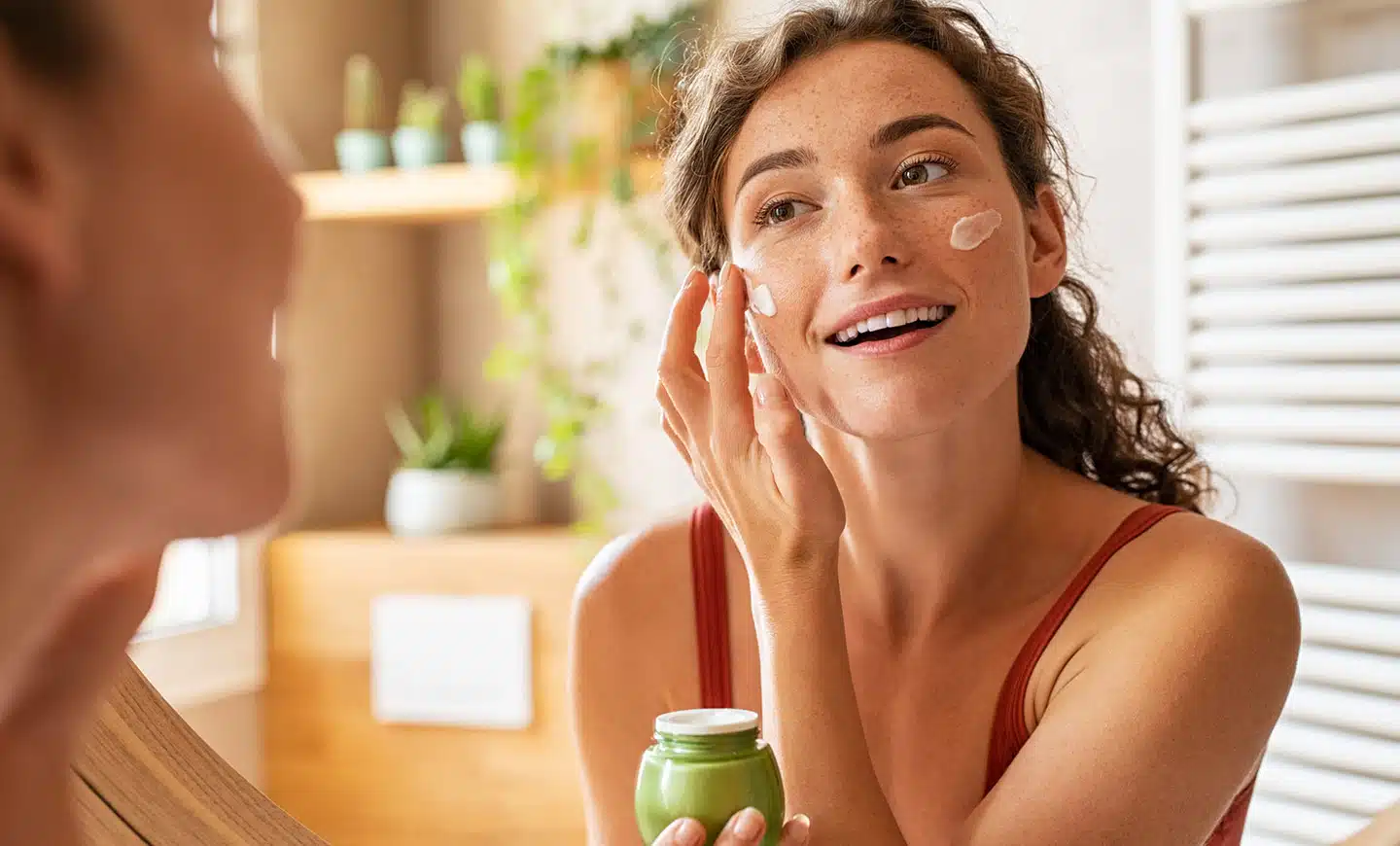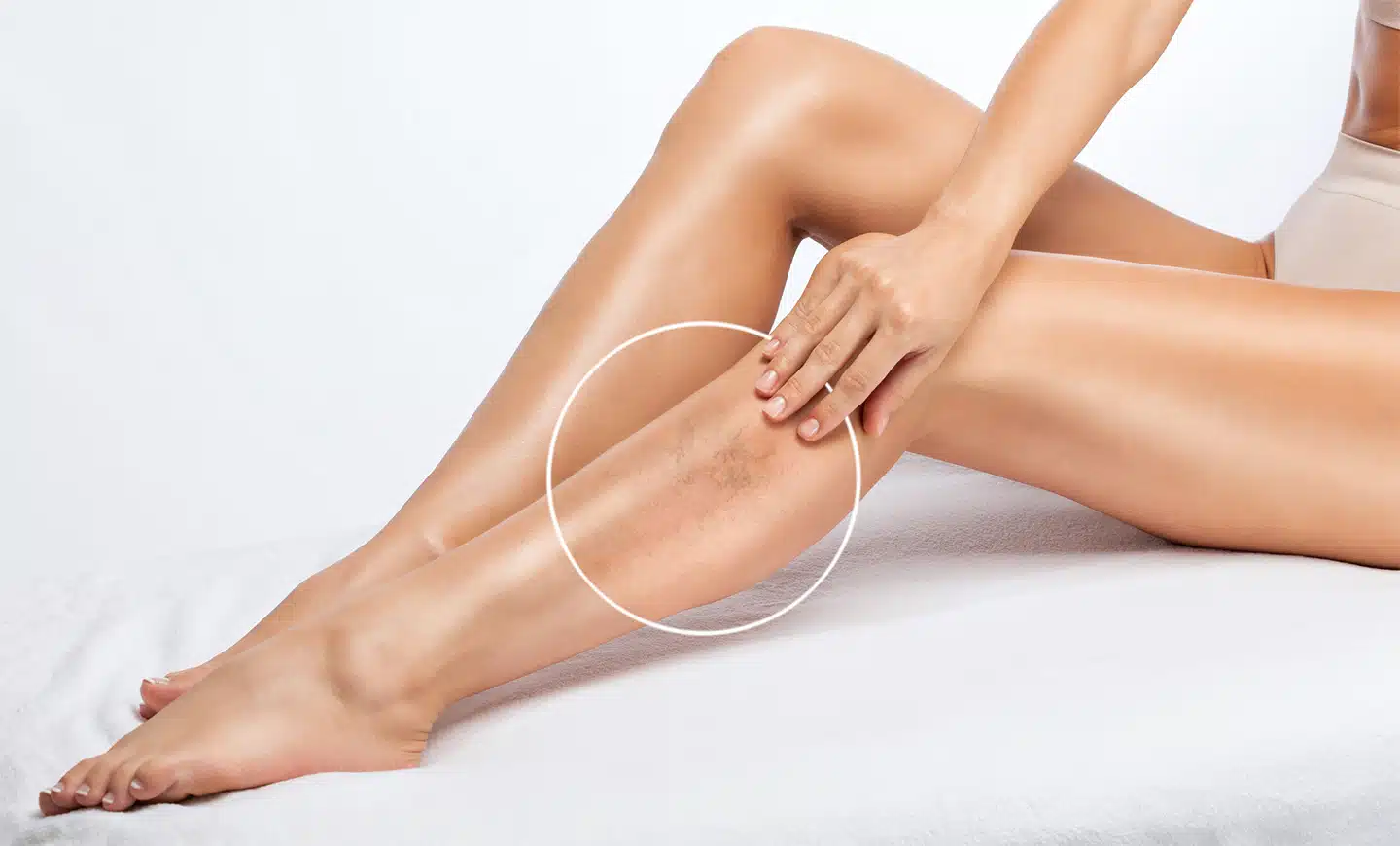When it comes to achieving healthy skin, many of us automatically think of topical products such as moisturizers, cleansers, and serums. However, what we put inside our bodies can have just as big of an impact on the health and appearance of our skin. Let’s explore how your diet may affect the texture and overall health of your skin, whether or not it can cause acne breakouts, and what foods should be avoided for better skin health.
1. Foods that can promote healthy skin
Certain foods are packed with nutrients that are great for our skin. For instance, fruits and vegetables rich in vitamins A, C, and E have been shown to improve skin elasticity and reduce damage to skin cells caused by UV radiation. Foods that are high in essential fatty acids, such as salmon, walnuts, and avocados can also be beneficial for moisturizing the skin from the inside out. Additionally, collagen-rich foods like bone broth can help support skin health and promote a more youthful appearance.
2. Can what we eat cause acne breakouts?
The connection between diet and acne has been a topic of debate in the skincare community. Some studies have suggested that certain high-glycemic-index foods like white bread, pasta, and sweets can increase the production of sebum, which can clog pores and cause acne breakouts. Dairy products like milk and cheese have also been linked with acne. However, more research is needed to fully understand the relationship between diet and acne.
3. Foods to avoid for better skin health
While everyone’s dietary needs and tolerances are different, there are a few foods that people with specific skin concerns may want to avoid. Fatty and fried foods can cause inflammation in the body, which can exacerbate skin conditions like acne, psoriasis, and eczema. Processed and sugary foods can also lead to increased skin inflammation and breakouts. If you have a particular skin condition, it’s best to consult with a registered dietician or healthcare provider to create a personalized diet plan.
4. The importance of hydration
In addition to eating a healthy diet, it’s important to stay hydrated to keep your skin looking and feeling its best. Drinking enough water helps keep skin cells plump and moisturized, which can reduce the appearance of fine lines and wrinkles. Additionally, dehydration can make skin look dull and tired. Aim to drink at least eight cups of water per day to keep your skin looking and feeling its best.
5. The bottom line
While there’s no one-size-fits-all answer when it comes to diet and skin health, making healthy food choices can have a positive impact on the appearance and texture of your skin. Incorporate nutrient-dense foods like fruits, vegetables, and whole grains into your diet while limiting consumption of processed and high-glycemic-index foods. And don’t forget to stay hydrated! While diet alone cannot guarantee perfect skin, it’s an important piece of the puzzle when it comes to overall health and wellness.









